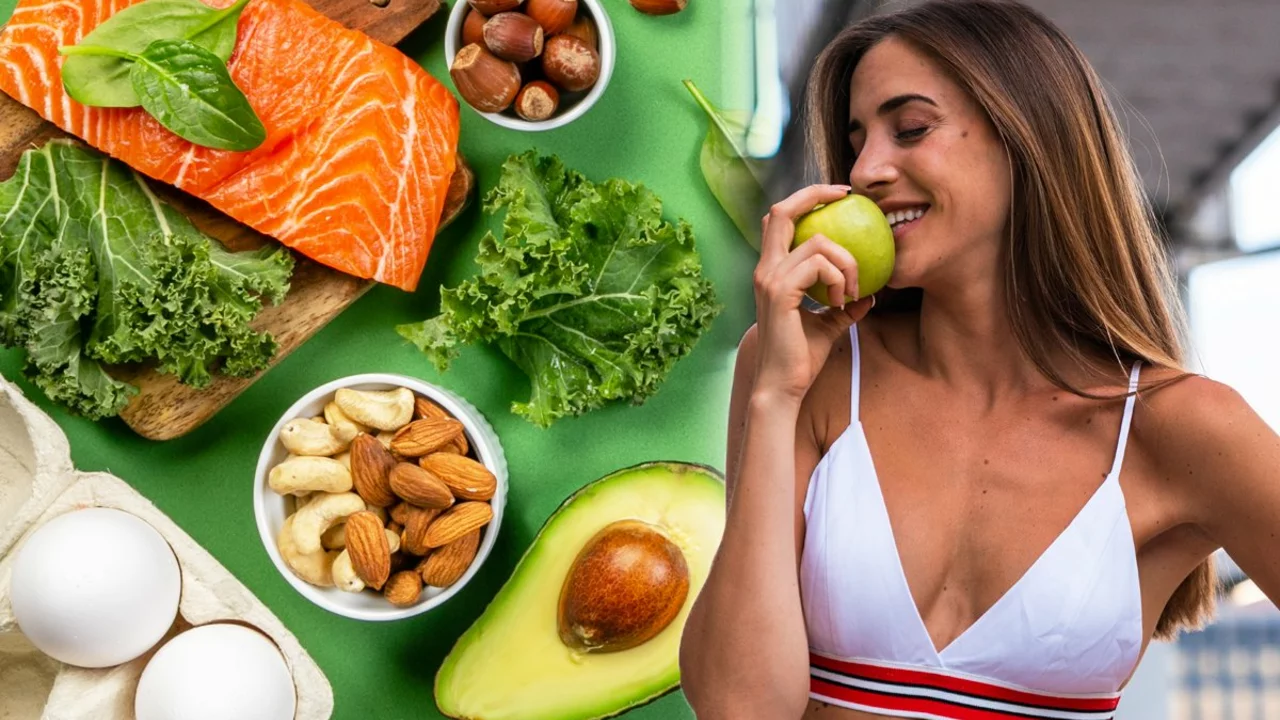Food Choices: Eat Smarter Around Meds, Hormones, and Health
Want to keep your meds working and feel better every day? Small food changes often make the biggest difference. A few common foods and timing tricks can boost drug absorption, cut side effects, and help hormones behave better.
Quick rules for food and meds
Here are fast, useful rules you can use right now:
- Avoid grapefruit with certain statins and other drugs — it can raise drug levels and cause side effects.
- Separate calcium, iron, and antacids from levothyroxine and many antibiotics by 3–4 hours. They block absorption.
- Skip dairy around tetracyclines and some fluoroquinolones — milk binds the drug and lowers effectiveness.
- Keep vitamin K consistent if you take warfarin. Big drops or spikes in leafy greens can change INR results.
- Avoid alcohol with metronidazole and some liver-metabolized drugs. Alcohol can worsen side effects or liver damage.
Timing matters. If a pill label says "take on an empty stomach," that usually means one hour before or two hours after food. For levothyroxine, aim for 30–60 minutes before breakfast or bedtime at least 3 hours after your last meal.
Food choices for hormones, diabetes, and weight
Want hormone balance or better blood sugar control? Focus on simple swaps. Add fiber-rich veggies and whole grains to slow glucose spikes and help estrogen leave your body. Cruciferous veggies (broccoli, Brussels sprouts) contain plant compounds that support estrogen metabolism—use them often, not just once.
For people managing diabetes on meds like metformin or insulin, consistent carbs at meals help avoid low or high swings. Choose whole grains, beans, and non-starchy veggies over sugary drinks and refined carbs. If a med increases appetite or weight, pick filling proteins and fiber to stay satisfied without overeating.
If you’re on thyroid meds and still feel off, check meal timing and supplements first. Even a routine calcium supplement can make levothyroxine ineffective. Talk to your prescriber before swapping to another thyroid option.
Sensible fats matter too. Omega-3s from fish, walnuts, and flax can help inflammation and support heart meds. But if a drug requires an acidic stomach for absorption (some antifungals), ask whether antacids or PPIs might reduce that effect.
Final practical tip: keep a simple list of what you eat and when you take meds. Bring it to your pharmacist or doctor. They can spot interactions fast and suggest safe timing or food swaps. Small changes—timing, a veggie swap, or dropping grapefruit—can mean better results and fewer surprises.
Want more targeted advice? Check the tag articles on this site for posts about estrogen, diabetes meds, thyroid tips, and safe online pharmacy guidance.

Flunarizine and diet: How food choices can affect your treatment
Aug 1 2023 / Health and WellnessSo, chaps, let's chew on this a bit - Flunarizine and your diet, quite a duo, isn't it? It's like Batman and Robin, Sherlock and Watson, or beans and toast! What you munch down can really tango with your Flunarizine treatment. Imagine your food choices as dance partners, making the right moves can lead to a beautiful waltz with your treatment. So, keep it light, keep it right, and remember, your stomach is your dance floor, so choose your partners wisely!
VIEW MORE